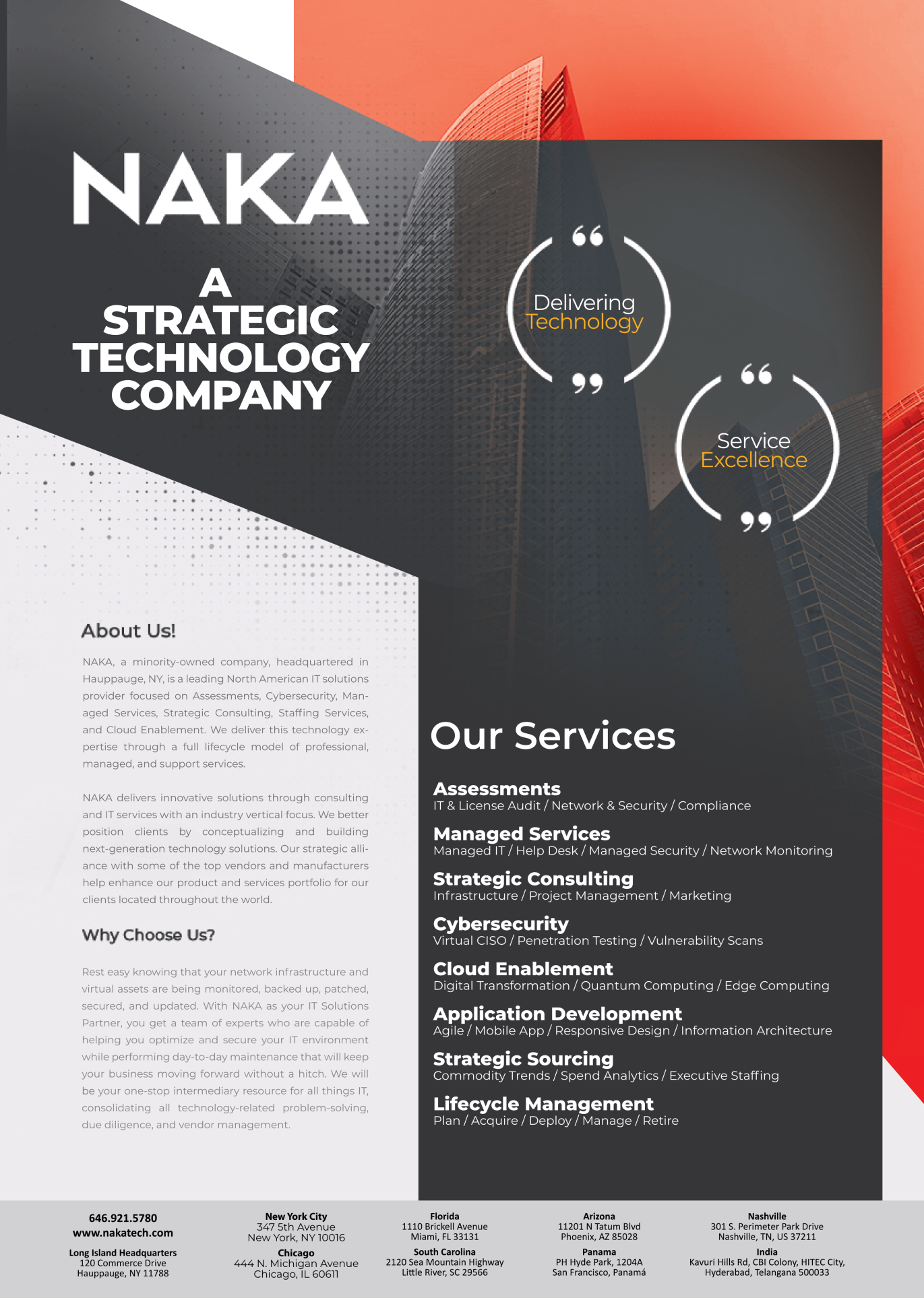What is Endpoint Security?

What is Endpoint Security?
Endpoint security refers to the practice of securing end-user devices, such as desktops, laptops, mobile phones, and Internet of Things (IoT) gadgets, from cyber threats. It ensures that these endpoints, which serve as gateways to your organization’s network, are fortified against attacks.
In essence, endpoint security solutions act as the first line of defense, preventing unauthorized access to your network by securing every device that interacts with it. These solutions are crucial as they help protect sensitive data, applications, and resources from external and internal security risks.
What Are Endpoints?
Endpoints include any devices that connect to a network, such as these:
- Desktop computers
- Laptops
- Smartphones and tablets
- IoT devices (e.g., smart sensors, wearables)
- Workstations and servers
- Network peripherals like printers and scanners
These endpoints are continuously targeted by cybercriminals, and with the growing trend of bring-your-own-device (BYOD) and remote working, the number of endpoints has significantly increased. The more endpoints, the greater the potential security risks. This makes it vital for organizations to implement comprehensive endpoint security solutions.
Why is Endpoint Security Important?
It is crucial because these devices serve as the entry points to your business network. Even a single compromised endpoint can open the door to cybercriminals, enabling them to:
- Steal sensitive data
- Install malware on your network
- Access critical systems and applications
Let’s consider an analogy: Imagine your office building is secured by high walls and gates. If intruders were to sneak inside via an employee’s car, bypassing external security, they could compromise the entire building. Similarly, endpoints that connect to your corporate network without proper protection could introduce vulnerabilities, allowing hackers to bypass perimeter security measures.
Key Benefits of Endpoint Security
- Enhanced Data Protection: It ensures that any data transmitted between devices and the network is encrypted, reducing the risk of unauthorized access.
- Reduced Incident Response Time: Advanced solutions automatically monitor user behavior and flag suspicious activity, allowing security teams to respond quickly.
- Support for Regulatory Compliance: Many endpoint security platforms come with built-in compliance features, such as continuous monitoring and data encryption, helping organizations adhere to regulatory standards.
- Increased Visibility: It provides a centralized management system, enabling administrators to monitor, detect, and respond to threats in real time.
Types of Threats Addressed by Endpoint Security
Endpoint security solutions guard against a wide range of cyber threats. Here are a few of the most common:
1. Phishing Attacks
Phishing occurs when cybercriminals attempt to deceive employees into revealing sensitive information through fraudulent emails or other digital communication. Endpoint security solutions often include email security gateways that block or quarantine suspicious emails, preventing them from reaching users.
2. Ransomware
Ransomware is malware that locks users out of their devices or networks until a ransom is paid. Endpoint security systems can detect and block ransomware before it causes significant damage by identifying unusual behavior patterns. In addition, encryption features ensure that even if data is accessed, it remains unreadable to unauthorized users.
3. Internal Threats
Internal threats arise from employees or contractors, whether due to malicious intent or inadvertent mistakes. Endpoint protection platforms enforce strict access controls, ensuring users can only access the data they need to perform their job, while behavioral analytics tools monitor for any suspicious activity.
Implementing Effective Endpoint Security Solutions
There are several approaches to implementing endpoint security, but two key strategies stand out:
1. Endpoint Detection and Response (EDR)
EDR solutions provide real-time monitoring, detection, and response to potential threats across all endpoints. They work by:
- Continuously recording endpoint activity
- Analyzing real-time data to detect anomalies
- Providing security teams with visibility into endpoint behavior for faster incident response
2. Endpoint Protection Platforms (EPP)
An endpoint protection platform integrates multiple security tools, such as antivirus software, encryption, and EDR solutions, to offer comprehensive protection. Modern EPPs offer centralized management, enabling administrators to monitor, control, and enforce security policies across all endpoints.
Endpoint Security vs. Traditional Security Solutions
Endpoint Security vs. Network Security:
Network security encompasses a broader range of technologies, including firewalls, encryption, and access controls, to secure the overall network infrastructure. Endpoint security, on the other hand, focuses specifically on protecting the individual devices that connect to the network.
Endpoint Security vs. Antivirus Software:
Traditional antivirus software defends a single endpoint against known malware. However, endpoint security platforms provide more advanced protection by incorporating machine learning and threat intelligence to combat both known and emerging threats. Additionally, endpoint security allows centralized management, reducing the risk of unpatched or outdated software creating vulnerabilities.
How Can NAKA Support Your Endpoint Security?
NAKA offers a comprehensive range of endpoint security services designed to protect your organization from emerging cyber threats. Our team specializes in the following:
- Planning: We assess your current security infrastructure and develop a strategy tailored to your specific needs.
- Implementation: Our experts deploy best-in-class endpoint security solutions, including encryption, monitoring tools, and EDR systems.
- Sustainment Solutions: Ongoing support ensures that your endpoint security continues to function optimally, with regular updates and threat assessments.
- Custom Solutions: We acknowledge that each organization is unique. NAKA provides tailored endpoint security solutions to meet your company’s specific security challenges.
- Endpoint Encryption: To safeguard sensitive data, we implement advanced encryption solutions that protect your data even in the event of a breach.
By partnering with NAKA, you can rest assured that your endpoints will be fortified against a wide range of threats, enabling you to focus on growing your business with confidence.
Conclusion
The increasing number of devices connected to corporate networks presents numerous opportunities for cybercriminals to exploit vulnerabilities. Implementing a robust endpoint security strategy can significantly reduce these risks, protect sensitive data, and enhance overall network security.
Reach out to NAKA today to learn more about how we can help safeguard your organization’s endpoints and ensure business continuity.



